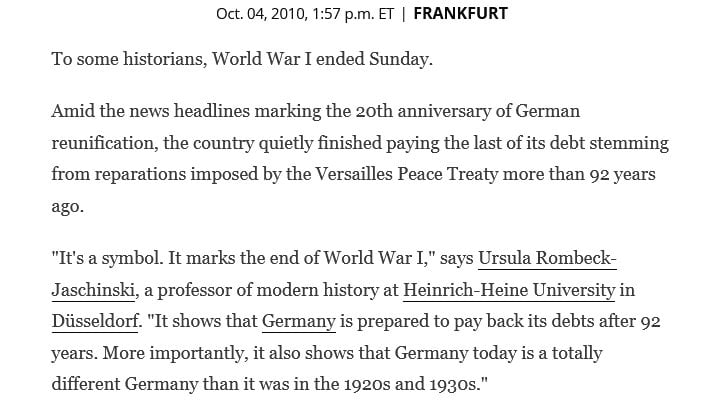The First World War and Armistice Day
On November 11, I think of my grandfather, who served in the Italian army during the first world war. (the original name of this day in the U.S, Armistice Day, referred to the end of that specific war.)
He had been an almost-illiterate shepherd in Italy. While in the Italian army, he realized that the soldiers with an education got cushier jobs compared with what he had to do, and that made an impression on him. When he and his family came to the US, he emphasized to his daughter (my mother) the importance of an education. She in turn emphasized that to me, and I ended up becoming a professor myself. So, in a way, I can trace my life path directly to World War 1.
A few years ago, museums had exhibits to commemorate the 100th anniversary of that war. I went to two: one in St. Paul and one in Kansas City. I learned a few interesting things.
1) Within a short period of time, Italy repulsed two attempted invasions by Austria-Hungary. Shortly thereafter, Austria-Hungary surrendered. My theory is that they said to themselves, "Geesh! If we can't even beat the Italians, we'd better just give this up!"
2) The brassiere was invented during that time period, and in the US the government was urging women to switch from corsets to brassieres, as a way of supporting (no pun intended) the war effort. All the metal that was saved from not manufacturing all of those clasps on corsets could be used for munitions. (And it has been worked out how much that was -- it was considerable!)
3) Some social movements at home received an impetus from WW1. Women who had taken jobs while men were away, and who had loved ones go to a war because of decisions by politicians they could not vote for, became more conscious of the Suffrage movement. And returning soldiers, who experienced Black and White units fighting side by side, started to take a look at segregation here in a different way. (As a first step, there was pressure to integrate the Army.)
On this day, I also think about how the world might be different if that war had been settled differently at the end. If Germany had not been so devasted, Hitler might never have come to power.
And, on November 11, I think of my father, a WW II vet. He always referred to this day with one predictable phrase: "Veteran's - Day - we - used - to - call - it - Armistice -Day" :)
He had been an almost-illiterate shepherd in Italy. While in the Italian army, he realized that the soldiers with an education got cushier jobs compared with what he had to do, and that made an impression on him. When he and his family came to the US, he emphasized to his daughter (my mother) the importance of an education. She in turn emphasized that to me, and I ended up becoming a professor myself. So, in a way, I can trace my life path directly to World War 1.
A few years ago, museums had exhibits to commemorate the 100th anniversary of that war. I went to two: one in St. Paul and one in Kansas City. I learned a few interesting things.
1) Within a short period of time, Italy repulsed two attempted invasions by Austria-Hungary. Shortly thereafter, Austria-Hungary surrendered. My theory is that they said to themselves, "Geesh! If we can't even beat the Italians, we'd better just give this up!"
2) The brassiere was invented during that time period, and in the US the government was urging women to switch from corsets to brassieres, as a way of supporting (no pun intended) the war effort. All the metal that was saved from not manufacturing all of those clasps on corsets could be used for munitions. (And it has been worked out how much that was -- it was considerable!)
3) Some social movements at home received an impetus from WW1. Women who had taken jobs while men were away, and who had loved ones go to a war because of decisions by politicians they could not vote for, became more conscious of the Suffrage movement. And returning soldiers, who experienced Black and White units fighting side by side, started to take a look at segregation here in a different way. (As a first step, there was pressure to integrate the Army.)
On this day, I also think about how the world might be different if that war had been settled differently at the end. If Germany had not been so devasted, Hitler might never have come to power.
And, on November 11, I think of my father, a WW II vet. He always referred to this day with one predictable phrase: "Veteran's - Day - we - used - to - call - it - Armistice -Day" :)










